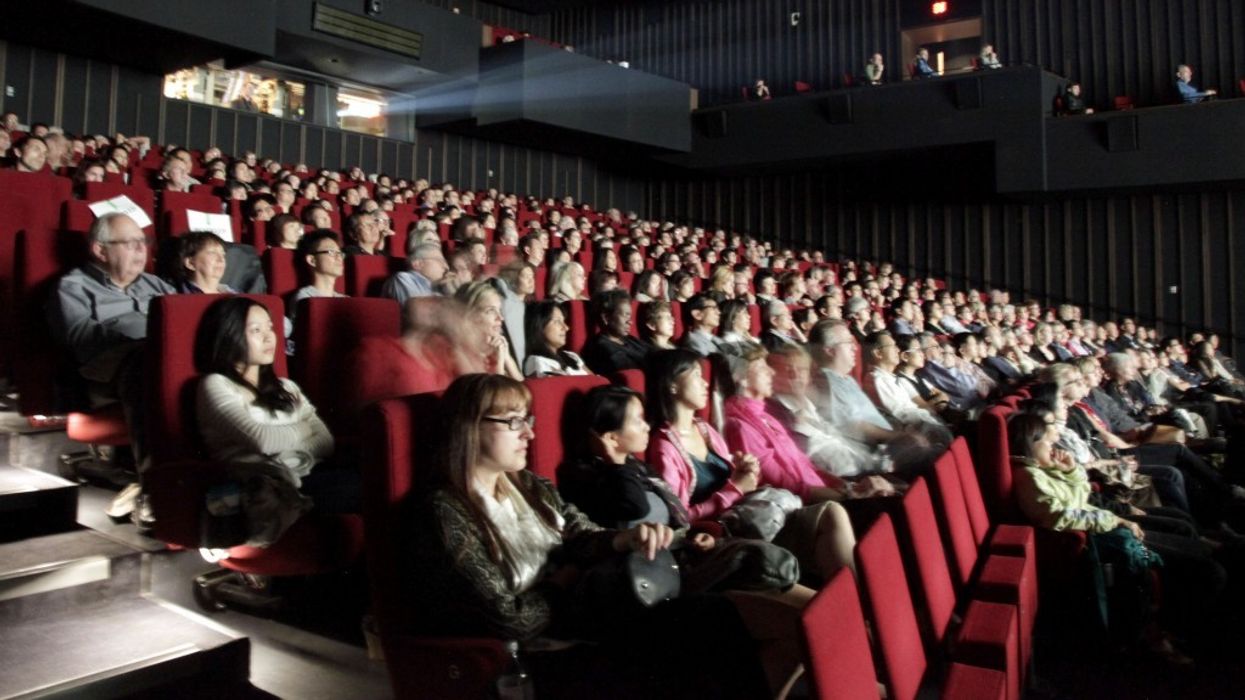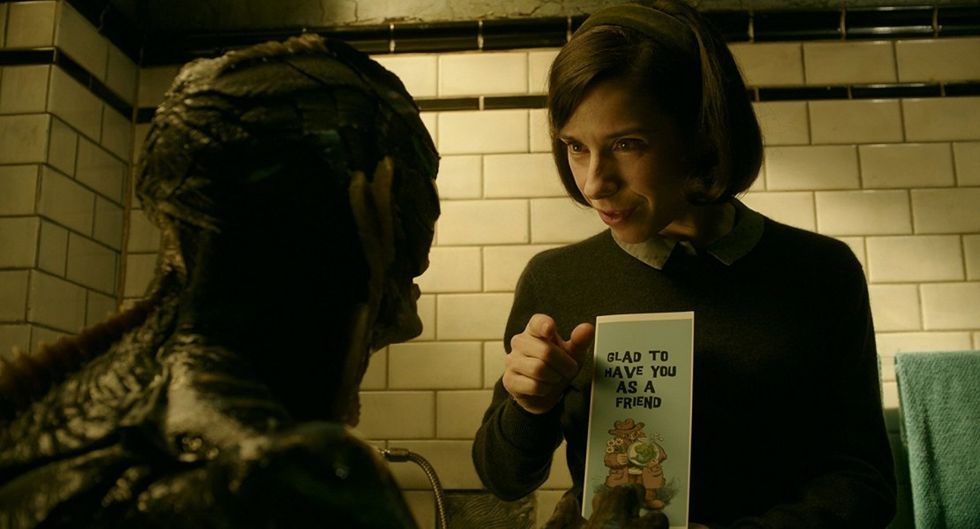MoviePass Gets Into the Film Acquisition Game
Announced at Sundance today, MoviePass Ventures will join forces with distributors to co-acquire films and bring them to the big screen.

Back in August, MoviePass made a substantial shift in its strategy, lowering its subscription service fee to see unlimited movies in the theatres to only $9.95/month. The move on the surface seemed like a guaranteed way to lose money as most single movie tickets cost more than $10. MoviePass, however, believed that it could create a database of moviegoers large enough to understand their purchasing habits and use that database as leverage with distributors and exhibitors to charge for marketing services or even participate in box office revenues. Since the August announcement, 1.5 million new subscribers have joined MoviePass, up from 20,000 subscribers back in 2016.
Today, MoviePass announced at Sundance 2018 that the company has created a new subsidiary, MoviePass Ventures, that will co-acquire films for theatrical distribution alongside existing distributors. MoviePass claims the company is currently purchasing 3% of tickets at the domestic box office. More importantly, MoviePass revealed that the service has purchased 10% or more of tickets for specific titles when the app is tweaked to encourage users to purchase tickets for particular films. This technique has led to 10+% of ticket purchases for recents films including The Post, Three Billboards Outside Ebbing, Missouri, Call Me By Your Name, and The Shape of Water.

With this ability to use its app to boost ticket sales rather substantially, MoviePass is looking for a piece of the box office pie. MoviePass CEO Mitch Lowe explained, “Given the successes we have demonstrated for our distributor partners in ensuring strong box office in the theatrical window, it’s only natural for us to double down and want to play alongside them – and share in the upside.” Ted Farnsworth, CEO of Helios and Matheson Analytics Inc, parent company of MoviePass, elaborated, “We aren’t here at Sundance to compete with distributors, but rather to put skin in the game alongside them and to bring great films to the big screen across the country for our subscribers. We’re open for business. We’re here at Sundance – and SXSW is next.”
MoviePass also realizes that a strong theatrical window means a film will perform better as it moves into future windows of streaming, home entertainment, pay TV, foreign sales and more. By encouraging more moviegoers to see films in the theatre initially, MoviePass would like to reap some of the benefits of the downstream markets.
So what does this mean for independent filmmakers? Another buyer in the marketplace is always a good thing, but MoviePass joining the fray is particularly interesting. In the past few years, Netflix and Amazon have become the big buyers at Sundance, each with its own approach to distribution. Netflix has not supported a theatrical window, instead going day-and-date with its releases on the streaming platform with little to no support from exhibitors, understandably. If you wanted to see Mudbound on the big screen, but didn't live in New York or Los Angeles, tough luck. Amazon, on the other hand, has provided and promoted theatrical windows for its acquisitions, with some notable box office successes such as The Big Sick and Manchester By the Sea. Amazon has also encouraged theatrical releases of smaller films from its Film Festival Stars program to boost audience awareness before hitting Amazon Prime.
By its very nature, MoviePass needs movies to be in theatres as the company's advantage lies in the ability to encourage its subscribers to attend movies in the theatre. This means more independent films acquired from Sundance, SXSW and other major film festivals will be hitting the big screen instead of going straight to streaming and VOD services. So if you couldn't make it to Park City this year, you may have a better chance of seeing this year's films on a big screen near you, thanks to MoviePass.
For more, see our ongoing list of coverage of the 2018 Sundance Film Festival.
Source: Deadline


 "'Back Home"via Mercedes Arutro
"'Back Home"via Mercedes Arutro 'Back Home'via Mercedes Arutro
'Back Home'via Mercedes Arutro 









